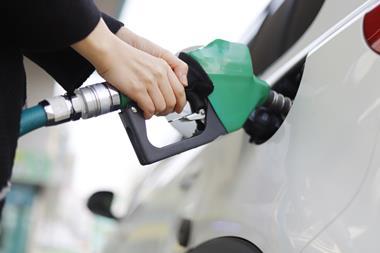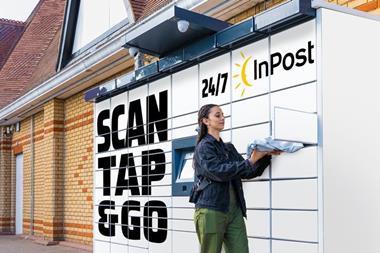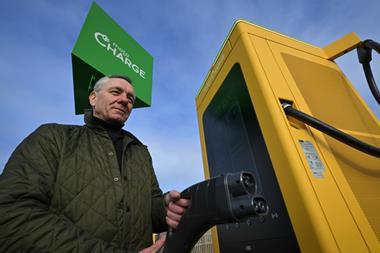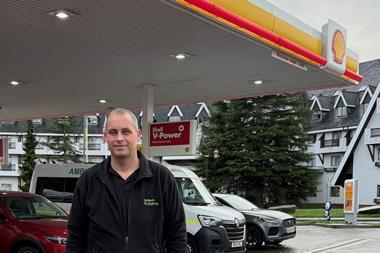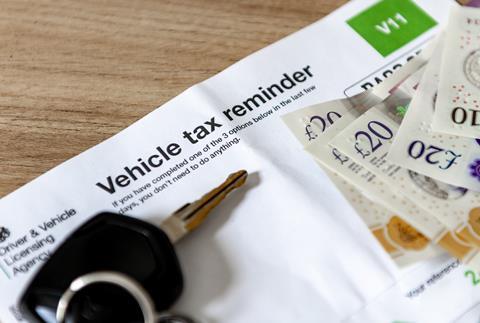
Campaign for Better Transport has written to the Chancellor, urging her to reform vehicle taxation or face a massive revenue gap.
With the UK transitioning away from petrol and diesel vehicles towards zero emission vehicles (ZEVs), the letter warns, revenue from fuel duty will decline by an estimated £5bn a year by 2033.
Silviya Barrett from Campaign for Better Transport says: “The new Chancellor faces a looming black hole. She can avoid it, in a way which is fair, and which garners broad public support. But she should start now, as this issue will only get more pressing.”
The easiest immediate solution, the letter says, would be a charge levied on ZEVs on a per-mile basis. Having an adequate transition period would enable industry to prepare. And exempting existing ZEV drivers would incentivise uptake before the implementation date.
“It should be cheaper to drive a zero-emission vehicle than a more polluting vehicle, but it’s only fair that these drivers should pay a share, and a pay-as-you-drive model can achieve this,” Barrett says.
Research by Campaign for Better Transport found that 65% of the public believe it is fair for ZEV drivers to be taxed but at a lower rate than petrol and diesel drivers versus only 19% cent who disagreed.
Campaign for Better Transport leads a Pay-as-you-drive Forum, which comprises 37 organisations including transport industry and sector bodies, NGOs and thinktanks. While different members of the Forum have slightly different perspectives, all would support a Treasury move on vehicle taxation, believing it is important that ZEV drivers should fairly contribute.
RAC head of policy Simon Williams says: “With fuel duty revenue set to fall further as more EVs come on to the road, a replacement form of taxation needs to be introduced to avoid losing billions.
“Our research suggests drivers broadly support the principle of ‘the more you drive, the more tax you should pay’. Whatever any new taxation system looks like, the most important thing is that it’s simple and fair to drivers of both conventional and EVs. A pay-per-mile system could be set up according to vehicles’ emissions with EV drivers paying the least to further encourage take-up and ‘gas guzzlers’ paying the most. We’re not in favour of charging different amounts per mile based on the type of road driven on. We believe the Treasury needs to get moving on creating this new system sooner rather than later.”
But Paul Holland, managing director for UK/ANZ Fleet at Corpay, which owns fuel card brand Allstar, urges caution:
“The Campaign for Better Transport’s letter to Chancellor of the Exchequer Rachel Reeves addresses a very real problem for the UK’s transport sector and its tax revenues, but in our view now is not the time to be disincentivising switching to electric vehicles – in fact we should be doing everything we can do to get more people using EVs,” says Holland.
He adds: ”Whatever the answer to the taxation challenge, the government needs to make it clear to businesses and drivers that EVs are the future if the UK is to hit the net zero target.”





















